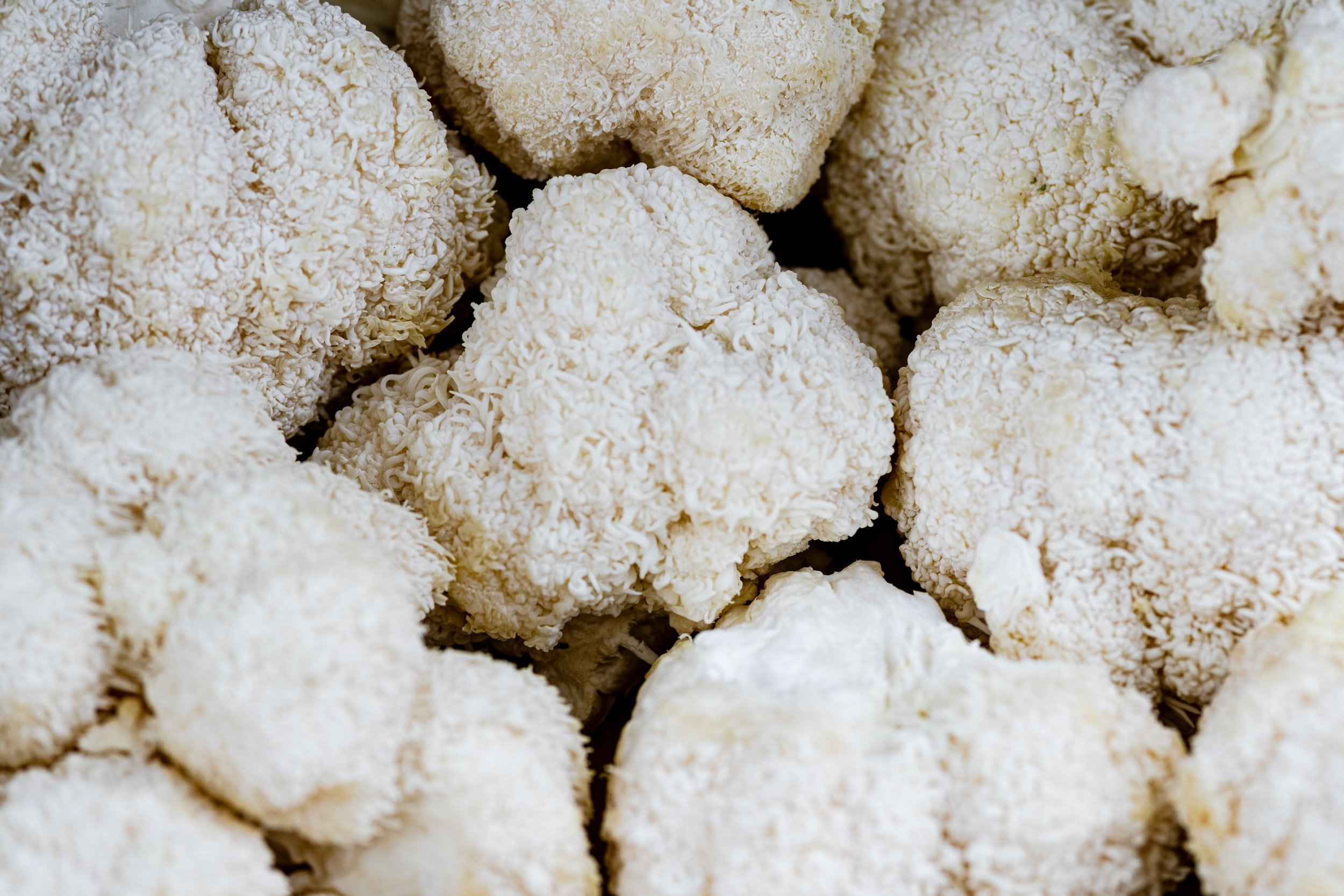This is part three of a three-part story on supplementing with medicinal mushrooms. You can read part one about traditional medicinal mushrooms here, and part two regarding how to pick a supplement here.
While many people think of mushrooms as either a delicious side-dish, or a poisonous forest dweller, even the normally-edible ones represent powerful nutraceuticals, and in the multi-billion dollar supplement industry, they are one of the fastest-growing products.
As the supplement industry is currently valued at $220 billion, $25.4 billion of that is the mushroom trade. Medicinal mushroom supplements pair with several emerging trends, such as the shift towards “functional foods” or “whole foods” supplements, i.e. products that contain an entire concentrated food item and not an isolated chemical or nutrient.
Claims abound regarding what mushrooms have the potential to do inside of us. During COVID-19 there was an interest in mushrooms not only as an anti-viral agent, but also because they are one of the only foods to contain vitamin D, one of the most essential in preventing negative COVID outcomes.
However, they are also touted as having anticancer and antibacterial properties. Others are claimed to slow aging, or act as a “nootropic,” a nutrient that powers brain activity similar to caffeine. Beyond some of these admittedly well-researched claims, mushrooms are undoubtedly rich in a variety of more traditionally-researched ingredients that alone make them worth sticking in a stew, in a wok, or on top of a steak.
In the third part of a three-part story on medicinal mushrooms and supplementing with them, we will look at the much-heralded “nootropic” effect of mushrooms.
Lion’s Mane Mushroom
As the prevalence of neurodegenerative diseases like dementia, Alzheimer’s, and Parkinson’s is increasing in society, scientists are actively seeking natural remedies for some of the root causes as drug after drug fails to demonstrate efficacy.
One such compound is the nootropic, which is a catch-all for cognitive enhancing compounds, but which are now routinely given to a pair of mushroom species that are widely available in supplement form.
The first writ here is called lion’s mane for obvious reasons. Hirokazu Kawagishi, a researcher at Shizuoka University’s Institute of Green Science and Technology, made a breakthrough on this mushroom, called in Japanese “Yamabushitake,” in 1991. When he identified and isolated a compound called amycenone, his following publications on its effects in the brain led the lion’s mane mushroom to become a mainstay of fungal supplementation.
Among these are important bioactivities include “the induction of nerve growth factor (NGF) synthesis, and the protection against neuronal cell death caused by oxidative or endoplasmic reticulum stress,” one research review stated.
Furthermore, amycenone inhibited the cytotoxicity of beta-amyloid peptide, the smoking gun of Alzheimer’s disease. NGF was thought to be an important tool for treating Alzheimer’s, but researchers elsewhere found it couldn’t cross the blood-brain barrier. Amycenone from lion’s mane however, can cross the blood-brain barrier, making the mushroom one of the only available ceuticals of any kind that can help.
Studies have shown lion’s mane can induce NGF in non-Alzheimer’s patients as well, increasing neurogenesis, or the creation of new neurons, by up to 60%.
In 2015, Japanese researchers used amycenone to restore healthy cognitive function in three patients with mild neurocognitive disorders resulting from neuromedical treatment, and several other research teams have used lion’s mane to restore nerve function in brain-damaged mice.
Furthermore, lion’s mane is often marketed as being able to aid in the treatment of depression. At least in regards to inflammation-related depression, this claim has been demonstrated in mice that were poisoned with an endo-lipopolysaccharide. The LPS induced inflammatory cytokines like IL-10 and TNF-A, both of which the mushroom suppressed.
TNF-A is linked to every known disease, and so it’s worth pointing out that lion’s mane should be considered an anti-inflammatory.
If you think the stories you’ve just read were worth a few dollars, consider donating here to our modest $500-a-year administration costs.




